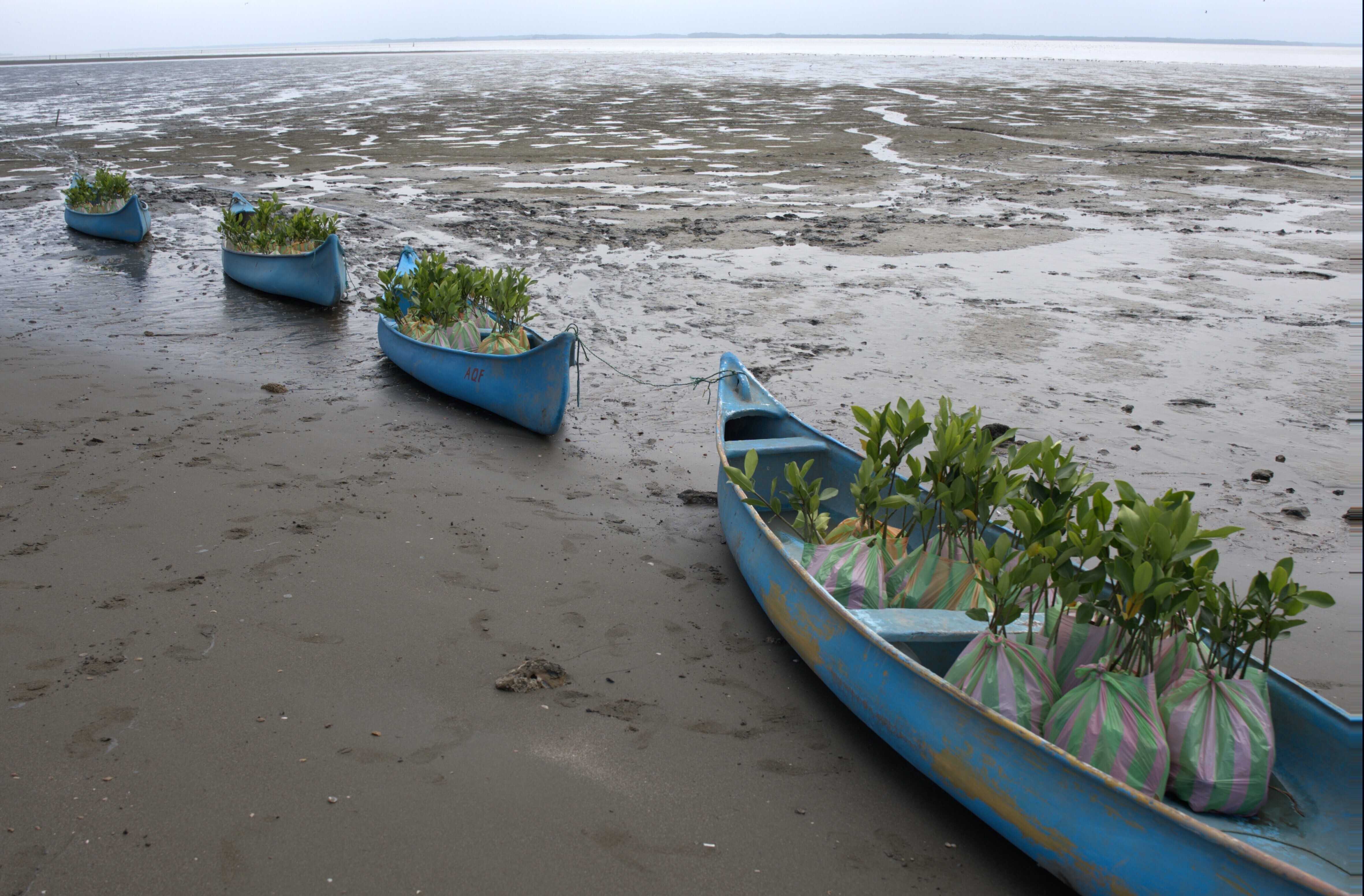The UK pledges to cut all avoidable plastic waste by 2042

Theresa May has chosen environmental reform to try to win over voters. Image: REUTERS/Toby Melville
London, Jan 10 (Reuters) - British Prime Minister Theresa May said on Thursday she would eradicate avoidable plastic waste by 2042, part of a "national plan of action" she hopes will show that her government is about more than just Brexit.
Unveiling a new environmental agenda which she said was now "centre stage", May is keen to put divisions over leaving the European Union, scandals and an ill-judged election behind her and try to broaden the appeal of her Conservative Party.
But while welcomed, her moves to extend a 5 pence charge for a single-use plastic bag to all retailers, to have packaging-free aisles in supermarkets and to create a new Northern Forest were also criticised by some lawmakers for not going far enough.
She told an audience in west London that her party had made an important pledge "to make ours the first generation to leave the natural environment in a better state than we found it."
"As we leave the European Union which for decades has controlled some of the most important levers in environmental policy, now is the right time to put the question of how we project and enhance our natural environment centre stage."

After a shaky start to the year when a reshuffle of her top team of ministers fell flat, May wants to show that her premiership is more than just Brexit and has chosen environmental reform to try to win over voters.
Her Conservatives are under pressure from the main opposition Labour Party, which is enjoying record levels of membership and has challenged May over her treatment of Britain's much-loved but over-stretched health service.
Her environment minister, Michael Gove, who ran against May in a 2016 leadership contest, has introduced some green policies: protecting bees by restricting some pesticides and banning microbeads - tiny pieces of plastic in some cosmetics which are entering the world's oceans.
But the latest moves were described as "vague" by the Green Party's Caroline Lucas.
"Focusing on only the low hanging fruits of environmental protection is like treating heart disease with a bypass, without changing your diet or taking up regular exercise," she said in a statement. "It's not a serious, sustainable solution for the long term."
Greenpeace UK's executive director John Sauven said: "If Theresa May wants to persuade people this is more than just husky-hugging, she needs to put some joined-up thinking at the heart of her strategy."
May, who said she regularly recycles and has barn owl, bat and bird boxes in her garden, said she would look at plastic bottle deposits and would launch a call for evidence next month on whether to impose taxes or charges on single use plastics.
Worries about overuse of 2.5 billion disposable coffee cups each year have also been raised by campaigners. Parliament's environmental audit committee last week called for a 25 pence "latte levy" to be charged hot drinks. (Editing by Stephen Addison and Peter Graff)
Don't miss any update on this topic
Create a free account and access your personalized content collection with our latest publications and analyses.
License and Republishing
World Economic Forum articles may be republished in accordance with the Creative Commons Attribution-NonCommercial-NoDerivatives 4.0 International Public License, and in accordance with our Terms of Use.
The views expressed in this article are those of the author alone and not the World Economic Forum.
Stay up to date:
Retail, Consumer Goods and Lifestyle
Forum Stories newsletter
Bringing you weekly curated insights and analysis on the global issues that matter.






